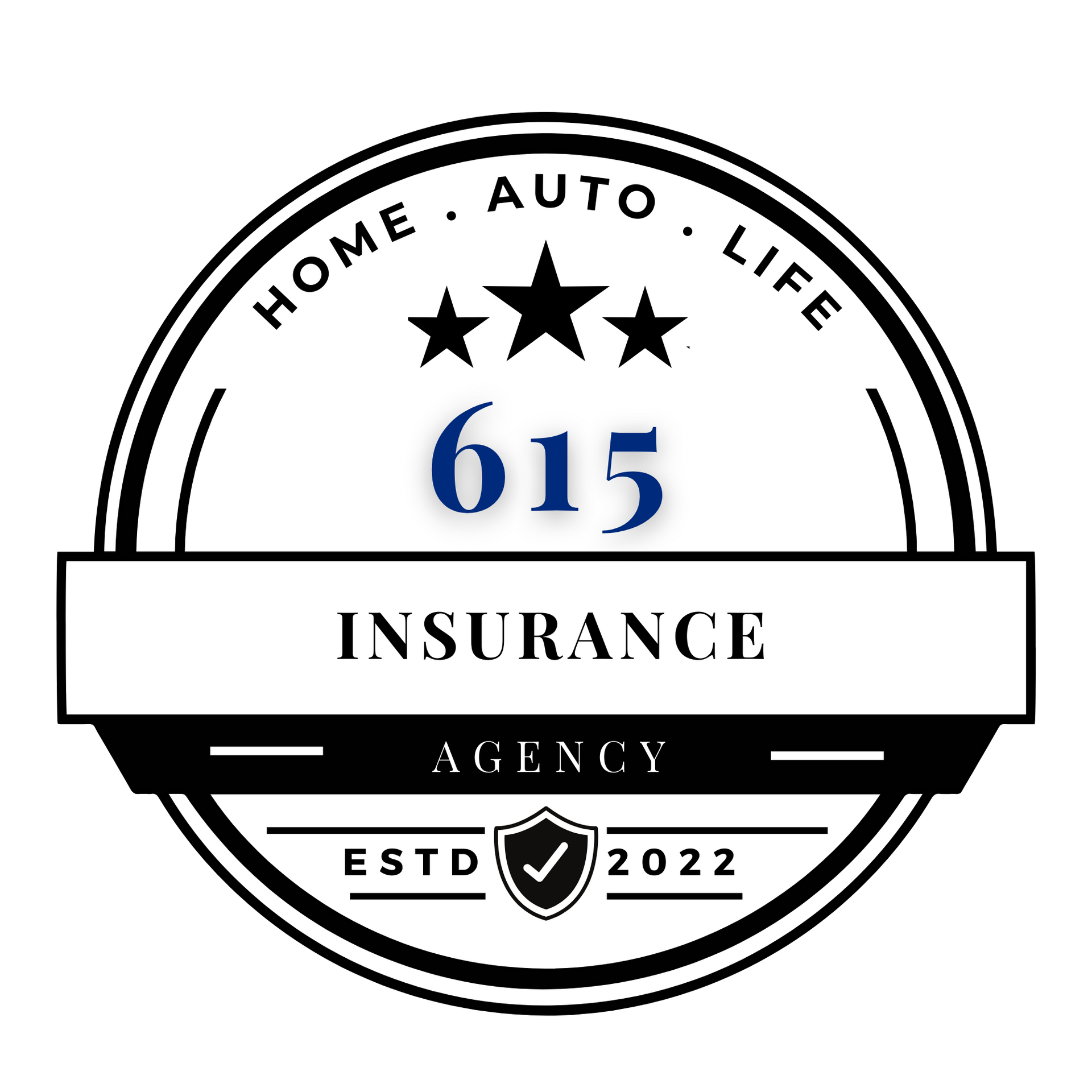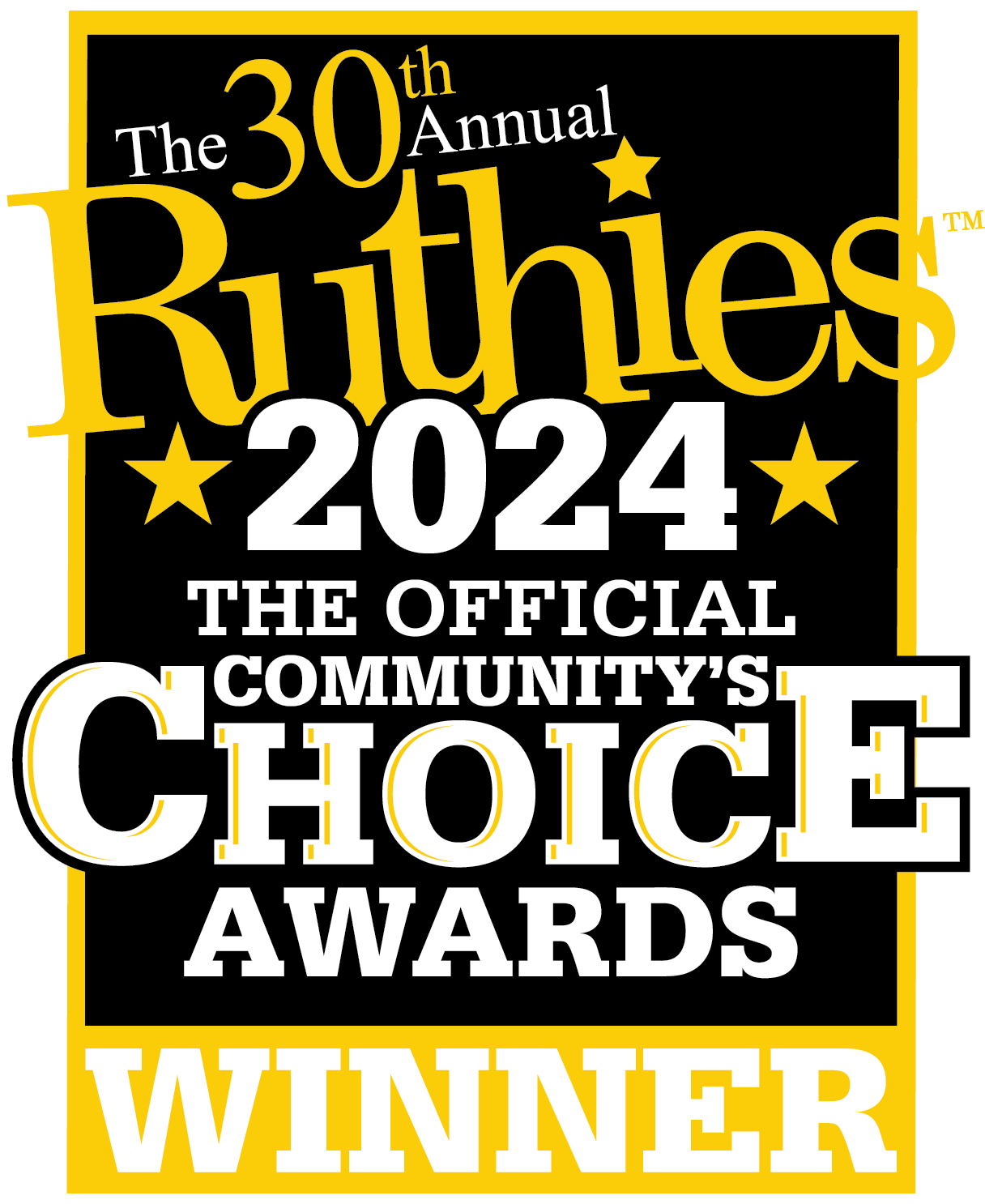Lance Chandler • October 3, 2025
Flood Insurance in Tennessee: Do You Really Need It and Are You in a High-Risk Zone?
Do You Really Need It?

When most people think of flood insurance, they picture coastal hurricanes or rivers overflowing in the Midwest. But if you live in Tennessee, flooding is a very real—and growing—threat. In fact, devastating flash floods have struck every corner of the state in recent years, from Memphis to Nashville to the Smoky Mountains.
Unfortunately, many homeowners find out too late that their standard homeowners insurance doesn’t cover flooding. At 615 Insurance, we’re here to break down what you really need to know about flood insurance in Tennessee: whether you’re in a high-risk zone, how to get covered, and why it’s one of the smartest additions to your insurance plan.
🌧️ Flooding in Tennessee Is More Common Than You Think
Flooding is the most frequent and expensive natural disaster in the United States—and Tennessee is no exception.
Here are just a few examples:
• In August 2021, catastrophic flooding in Waverly and surrounding areas caused 20+ deaths and over $100 million in damages.
• Nashville experienced historic flooding in May 2010, with 13 inches of rain in 36 hours. Over 11,000 properties were damaged.
• Regular flash flooding events continue to affect both urban and rural communities across Middle and East Tennessee.
Flooding here doesn’t just come from rivers. Tennessee’s hilly terrain, heavy thunderstorms, poor drainage, and rapid urban development have increased the risk of flash floods and surface water flooding, even in places far from bodies of water.
🏡 Does Homeowners Insurance Cover Flooding?
No.
Standard homeowners insurance does not cover flood damage caused by rising water, overflowing creeks, or flash floods. That means if your basement fills up or water enters your home from the outside, you’re likely not covered—unless you have a separate flood insurance policy.
Many Tennesseans don’t realize this until it’s too late, and unfortunately, flood damage can be incredibly expensive. Just one inch of floodwater in a 2,000 sq. ft. home can cause over $25,000 in damage, according to FEMA.
📍 Are You in a High-Risk Flood Zone?
FEMA divides land into flood zones, which determine your risk level and whether you’re required to have flood insurance.
Here’s a breakdown:
🔴 High-Risk Zones (Flood Zone A, AE, VE, etc.):
• Located near rivers, lakes, streams, or low-lying areas
• 1 in 4 chance of flooding during a 30-year mortgage
• If you have a federally-backed loan, flood insurance is usually required
🟡 Moderate-to-Low Risk Zones (Flood Zone X or B):
• Flood risk is lower but still exists
• You are not required to buy flood insurance, but over 25% of flood claims come from these areas
Even if you don’t live in a red zone, you could still be vulnerable due to poor drainage, steep terrain, or new development changing how water flows.
📊 How to Check If You’re in a High-Risk Zone
You can find out your flood zone status by:
• Visiting https://msc.fema.gov and entering your address
• Asking your lender or mortgage company
• Contacting us directly—we’re happy to check for you and explain what it means for your home
Don’t assume you’re safe just because you’re not near water. Many Tennessee neighborhoods are seeing changes in flood maps due to climate patterns, construction, and development.
💰 How Much Does Flood Insurance Cost in Tennessee?
Flood insurance rates depend on:
• Your flood zone
• The elevation of your home
• The foundation type (crawl space, slab, basement)
• The amount of coverage you choose
• Whether your home is primary or secondary residence
Generally speaking:
• High-risk zones: Premiums often range from $500 to $2,500 per year, depending on elevation and coverage
• Moderate-to-low risk zones: Premiums may be as low as $200–$500 per year
If you live outside a high-risk zone, you may qualify for a Preferred Risk Policy, which offers affordable protection for homes in lower-risk areas.
🧾 What Does Flood Insurance Cover?
Flood insurance is available through the National Flood Insurance Program (NFIP) and private insurers.
Here’s what NFIP typically covers:
✅ Building Coverage (up to $250,000):
• Foundation, walls, floors
• Electrical and plumbing systems
• Central AC and furnaces
• Kitchen appliances
• Water heaters
• Permanently installed carpeting and cabinets
✅ Contents Coverage (up to $100,000):
• Furniture
• Clothing
• Electronics
• Curtains and rugs
• Washers, dryers, and portable appliances
Important:
Flood insurance does not cover damage caused by sewer backups unless it’s directly related to flooding. It also won’t cover temporary housing—you’d need to rely on homeowners insurance (if available) or savings for those costs.
🛠️ What Isn’t Covered by Flood Insurance?
Just like with any policy, there are limitations.
Most flood insurance will not cover:
• Basement improvements (flooring, drywall, etc.)
• Landscaping or fences
• Swimming pools
• Temporary housing or loss of income
• Mold or mildew damage caused by delayed cleanup
This is why it’s so important to review your policy details—and consider supplemental endorsements or private options where needed.
⏳ When Should You Buy Flood Insurance?
Now. Don’t wait until storm season.
Flood insurance has a 30-day waiting period before it takes effect (unless it's required by a lender at the time of home purchase). That means if you wait until a flood watch or warning is issued, it’s too late to get coverage.
If your property is newly rezoned into a high-risk flood area, or you’ve seen more heavy rains and drainage issues in your neighborhood, the best time to buy is before disaster strikes.
✅ How to Get Flood Insurance in Tennessee
Flood insurance is easier to obtain than many people realize.
At 615 Insurance, we can:
• Evaluate your flood risk
• Compare NFIP and private market options
• Help you determine how much coverage you need
• Bundle flood insurance with your home or renters policy for convenience
Whether you're in Nashville, Franklin, Knoxville, or a small town in between, we're happy to help you find the right protection.
🏠 Do Renters and Condo Owners Need Flood Insurance?
Yes. Flooding doesn’t just affect homeowners.
Why?
• Renters can purchase content-only flood insurance to protect their belongings.
• Condo owners may need a personal policy to cover what the HOA master policy does not.
Flooding in a lower-level unit, basement storage, or even shared utility areas can damage your items—and most landlord or HOA policies won’t cover it.
🙋♀️ Still Not Sure If You Need It? Let’s Talk
Tennessee’s weather isn’t getting calmer. If you’ve ever seen water pool near your home, noticed poor drainage, or watched storms flood nearby roads, you could be at risk—even outside of official flood zones.
At 615 Insurance, we’re not here to scare you—we’re here to prepare you. Our job is to make sure you understand your risks and have the right coverage in place, long before the skies open up.
📞 Get Your Flood Quote Today
Flood insurance is affordable, easy to add, and could save you thousands. Let’s find out if your home is at risk and make sure you’re protected.
📍 Call us at 615-809-1225
📧 Email Lance@615insured.com
We’re local, we care, and we’re here to help you weather any storm—literally.



